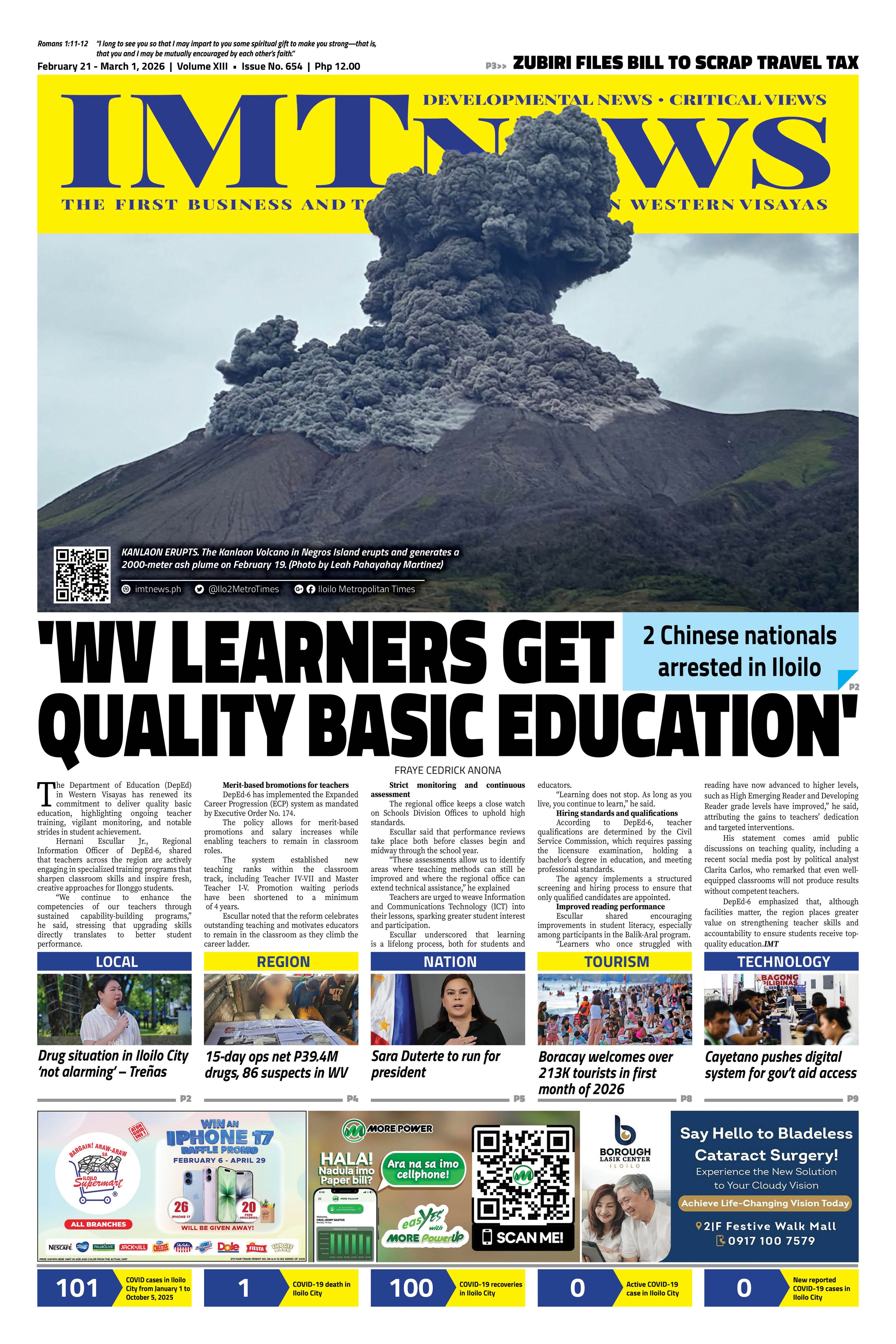It hurts to say this about a place we love, but many of us whisper it on jeepney benches, in faculty rooms, and in airport lines that barely move: it is hard to love you right now, Philippines. The sea is still the kind of blue that calms the chest, the smiles are warm, and sunsets still pour gold on tin roofs. Yet trips wear people down—prices that outpace service, buses that never come, tissue-less restrooms, and streets that feel tense after dark.
You hear it in small stories. A teacher books a heritage walk, then cancels after parents share links about robberies and airport scares. A balikbayan chooses Da Nang over Palawan, not for beauty but for easier flights, clear sidewalks, and bills that match the menu. A young couple saves for Siargao, Boracay, and Culion, then learns the airfare could already take them to Bangkok, Hanoi, and Singapore with spare change for street food and a train card. Love needs little proofs—clear signs, fair fares, clean toilets, safe walks. Too often, guests cannot find them.
The numbers echo the feeling. We welcomed 8.2 million visitors in 2019. In 2024, only about 5.9 million arrived—short of the 7.7 million goal. Early 2025 shows neighbors surging ahead. What stings most is value: for every peso spent to attract tourists, we get back barely half of what others do. People do not repeat ratios, but they feel them in confused taxi queues, stacked island fees, and rooms that look four-star online but feel two-star on the ground.
No slogan can outrun a bad day. “Love the Philippines” sounds fine, but guests judge basics: Is NAIA clean and easy to navigate? Are taxis metered without haggling? Are beaches cared for without surprise “environmental” charges? Is the posted price the price? Travelers forgive one slip if the rest is smooth. Trust breaks when small frictions pile up—long lines, missing tissue, mixed rules, add-on fees, early closing hours—until the trip feels like work.
This is not a marketing glitch; it is a systems gap. Terminals need steady air-conditioning, enough seats, and regular cleaning. Airport-to-city links should be simple—a rail line or reliable buses with clear signs. One counter for fees, one digital receipt. Transport that connects without guesswork. Sidewalks with ramps that do not vanish mid-block. Restrooms you can count on. Security that is visible, calm, and consistent. None of this is flashy; all of it makes a day go well.
Leadership sets the tone at the curb. Frontliners—drivers, clerks, teachers—say this softly: governance felt steadier under Aquino, slid under Duterte, and now drifts under Marcos Jr. Targets are missed, audits hang, and daily fixes arrive late. People are not asking for speeches. They want clean gates, honest meters, trained staff who know the drill, and rules that do not change by address.
There are bright spots to copy. Some towns run night markets with posted prices, clean lanes, and hours past ten. A small island reef tour uses one QR payment, then guides explain why you never step on coral. Campus visits feel safe when student ushers are trained, signs are clear, and marshals are easy to find. When the experience is easy, fair, and kind, lines form without billboards. Word-of-mouth does the advertising.
Tourism is logistics wrapped in welcome. Publish a simple monthly dashboard anyone can view on a phone: arrivals, average spend, solved and pending safety cases, airport cleanliness checks, on-time trips, complaint response times. Include the misses, not only the medals. Honest numbers and quick fixes make people lean in. Frontliners feel backed. Guests feel seen. Trust grows, coin by coin.
Affection follows habit. Open on time. Keep lights on and toilets stocked. Train and pay workers well. Post fees, keep rules steady, and keep patrols visible but calm. Do these small things daily, and the islands will do the rest. The beaches, the food, the music, the easy laughter—those are already world-class. What they need is a system that does not get in their way.
Picture this: a guard who knows the drill, a driver who uses the meter, a cashier who hands one receipt with a smile, a clean restroom when a child tugs a parent’s hand, an affordably seamless tourism package to an island, a night market bright and open past ten. When those details line up, loving the Philippines stops feeling like work. It feels like stepping off a crowded jeep and finding a seat saved for you—because someone thought ahead, made room, and meant it.
Doc H fondly describes himself as a “student of and for life” who, like many others, aspires to a life-giving and why-driven world grounded in social justice and the pursuit of happiness. His views do not necessarily reflect those of the institutions he is employed or connected with.
Tourism beyond slogans







